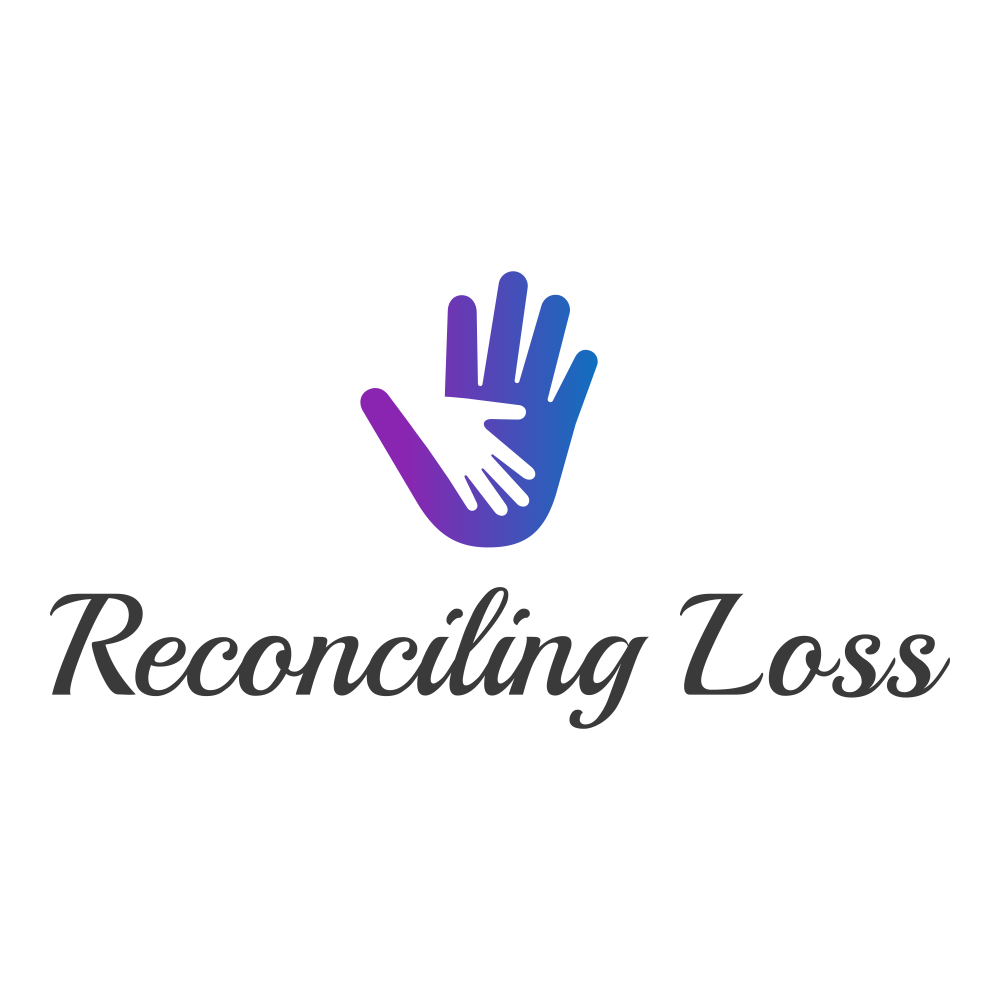I am currently not accepting new clients
Grief
“Each person’s grief is as unique as their fingerprint. But what everyone has in common is that no matter how they grieve, they share a need for their grief to be witnessed” ~ David Kessler
To honor the individuality and personal needs of grief, I work one-on-one with clients to discover the most effective strategies to assist them in reconciling the loss in their lives with their new reality. I understand that one never “gets over” a death loss but, rather, it is a new understanding and relationship with the world that must be met and integrated. Regardless of the type or cause of death, my approach to therapy is always client-centered to ensure you feel empowered to guide sessions based on your needs and to bear witness to your journey.
I offer both individual and group grief therapy, as I understand the healing power of community and connection with others during this time, as well as sometimes needing or preferring individual support until feeling comfortable in a group setting.
Symptoms of Grief
Chronic headaches, difficulty sleeping, fatigue, difficulty concentrating/forgetfulness, feelings of anger, sadness, guilt, or persistent worries, as well as social withdrawal or feeling detached from activities or relationships you used to enjoy.
To inquire about individual support, please contact me directly.
If you are interested in a group, please complete this form.
Anxiety & Depression
Do you feel like you’re in a constant state of worry? Unable to control or manage nervousness, ruminative thoughts, and feelings of anticipation? This is something commonly experienced by those who struggle with anxiety, which can oftentimes impact or compound depressive moods and thinking. I have worked with many clients in learning to understand how their thoughts, feelings, and behavior are interconnected and empowering them to feel in control. Through the evidence-based interventions and practices I use, we can discover together what is the underlying cause to your worries, learn how to reframe and look at these thoughts in new, more helpful ways, and develop coping and problem-solving skills.
Symptoms of Anxiety/Depression
Nervousness, restlessness, hypersomnia or insomnia, trembling, increased heart rate or breathing, crying, irritability, social isolation, fatigue, increase or decrease in appetite, and preoccupation with certain thoughts or events. If these symptoms sound like what you’ve been experiencing, please reach out to me.
Neurofeedback
Neurofeedback is a holistic approach to promote health through retraining brainwave patterns to support with self-regulation and optimization of the Central Nervous System. This is an entirely non-invasive intervention that can reduce symptoms from a myriad of both physical and psychological concerns. While everyone’s nervous system is different, and therefore may require a different amount of time to improve, clients typically begin to experience positive changes by 10-12 sessions, with more extensive and robust improvement at 20-30 sessions. This is a non-medical, dynamical system that does not require a diagnosis to gain benefits from its use.
Common concerns and symptoms that can be improved through Neurofeedback sessions are:
Depression
Self Esteem
Memory/Focus
Migraines
Irregular Sleep
Seizures
Trauma
Addiction Cessation
ADHD
Anger/Impulsivity
Anxiety
Autism
Brain Injury/Concussion
Chronic Pain
And many more…
Survivors of Abuse
Did you experience physical, sexual, or emotional abuse as a child or adult? Are you a survivor of assault or childhood neglect? Perhaps you find yourself feeling reactive and angry at situations or people around you, feeling dysregulated and unsure how to manage these thoughts and feelings. These experiences often result in trauma, which can have negative impacts on developmental growth, social-emotional awareness and skills, and interpersonal effectiveness in relationships. While you may identify with some of these challenges, they can be overcome and lead to posttraumatic growth in which an individual identifies areas of progress and change they experienced along their healing journey. In our work together, we can identify and challenge negative thought patterns, core beliefs about yourself and the world, and learn new skills to decrease symptoms of trauma and increase connection with those around you.
Symptoms of Trauma and Abuse
Sleep disturbances, avoiding people/places that remind you of the event(s), physical distress related to memories/location/people, intrusive memories. If these symptoms sound like what you’ve been experiencing, please reach out to me.
Life Transitions
Change in life can be exciting, scary, difficult, and overwhelming. During these times of change, whether they are pleasant or adverse, planned or unplanned, you may experience emotional discomfort, mourning, anxiety or fear. Learning healthy coping skills, having a safe space to process these changes, and being able to understand and reframe thoughts that may be unhelpful can support during these times of upheaval.
Life Transitions that we can work through together
Job changes, going to college, moving, divorce/end of relationship, social and/or political changes, chronic health diagnosis, marriage, birth, and retirement. If you are seeking support for a transition in your life, please reach out to me.
Military Life
Being part of the military – as an active duty servicemember, retiree, or family member – is a unique challenge. Whether you are struggling with the adjustment of a deployment, new to military life and culture, or retiring from your service, we can work together to address common concerns related to this particular lifestyle. As a military spouse, I have a personal understanding of these challenges and aim to create a safe and honest space to process any and all thoughts and feelings related to this experience. Additionally, my background in early childhood development allows me to provide parenting support for those with children who may exhibit behavioral and/or emotional distress related to changes in the family due to deployment, TDY, PCS, marital conflict, etc.
If you are seeking support for this experience, please reach out to me.






